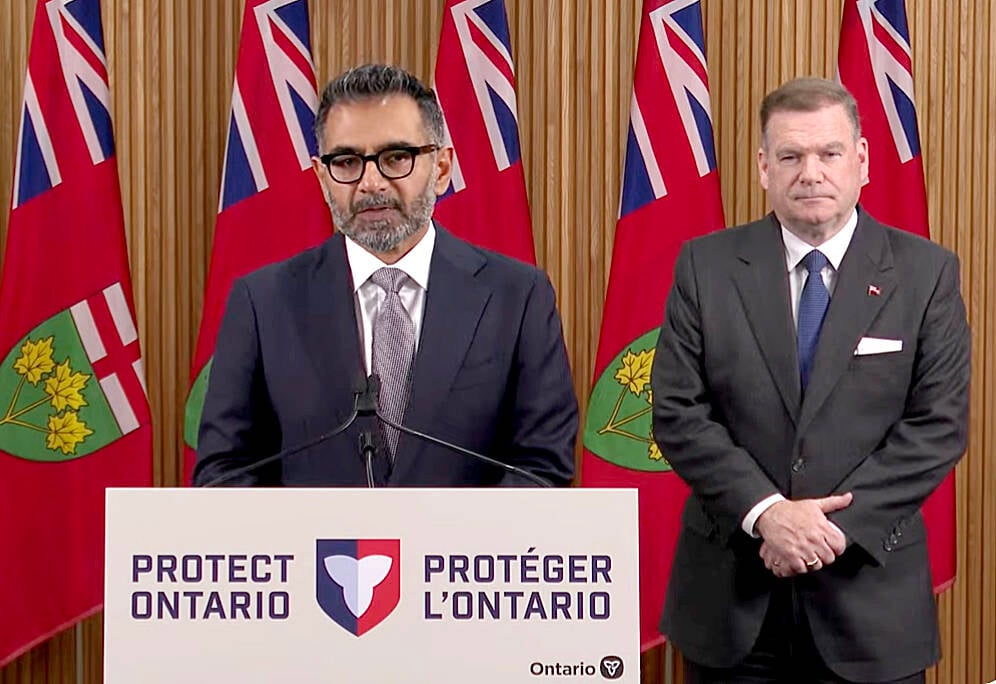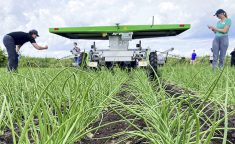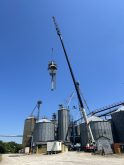My fist-pump moment when we were deciding whether or not to buy our small farm 10 years ago had nothing to do with the state of the house, or soil conditions, or proximity to off-farm work.
I was standing on the second floor of the derelict house on the property and I could see the elevator leg from the nearby beef farm’s feed processing facility, which housed a transmitter for point-to-point high speed internet.
That meant we could get high speed internet, critical to the work that I do and that my wife does. And having been a user of the internet since the early 1990s, I knew it would be critical to our future. It meant we could buy the place.
Read Also

Conservation Authorities to be amalgamated
Ontario’s plan to amalgamate Conservation Authorities into large regional jurisdictions raises concerns that political influences will replace science-based decision-making, impacting flood management and community support.
At about the same time my wife and I looked at moving to a farm owned by my mother-in-law, but high speed internet there would have required building a tower. The manager of the local internet provider was getting a bit exasperated with my pushing about service and asked me if I would be willing to spend several thousand dollars to put up a tower large enough to get the service, expecting sticker shock. I said for sure. In a calculation of hundreds of thousands of dollars that people make in finding a place to live, there are several variables worth several thousand dollars.
Do you build a garage or get high speed internet? For us there would be no question.
We ended up at the place where the high speed internet was easiest (and the location was best too).
I put “high speed” internet from 10 years ago in quotes. It wasn’t high speed, but it was enough at that point and today, there isn’t much we can’t do using the 25 megabits per second download speed we now get from our local provider, still by point-to-point (although it rarely runs that fast). It’s more reliable now than it was in the past, although when the internet went down recently on a Saturday night in the middle of the Leafs’ game there was some serious frustration.
We can’t stream high definition video, but we’re not missing much as our TV isn’t that large.
For what we pay in the country, in Toronto, a Rogers plan would give us unlimited data download at 400 times the speed.
Other people are stuck with no access, spotty and expensive cell service internet access, or satellite access (so painful). It’s people who live in dead zones, often with service over a hill or not far away that are the most frustrated and rightly so.
The federal government pledged billions of dollars to help. The province has committed to investing in high speed internet. But it will take 10 years, at least that’s the projection — and that’s likely to be over-the-air internet for most. The (slow) arrival of 5G cell service will help, but over-the-air will always be slower than fibre optic.
Maybe I’m naïve, but if we could put electricity wires and telephone wires to every home in the mid-1900s, then I don’t know why we can’t wire most of the places in the country again today, with the trenching and drilling technology there is now.
There are heroes in all this. Local companies like ISP Canada that supply my internet by point-to-point wireless deserve credit. Local telecoms are fantastic. They are slowly but surely finding business cases in wiring most of the small towns and villages in their areas. They need to get those lines to the sideroads too. Farmers and neighbours need to get together to push for better service and they may have to put some money into it too.
I go back to my question about whether for your daily lifestyle, business and to improve the opportunities for your children would it make sense to pay for wired internet over putting in a garage when building a home?
The analogy works for a farm too. In an era of barns that top $1 million to $2 million and field equipment that can be a significant fraction of the cost of a barn, would the investment of $10,000 to $25,000 to move internet service down your road make sense? Would it enable more labour efficiency or better information in making marketing decisions? Improvements in either of those areas can mean paybacks of that amount in a year or two.
Yes governments need to do more. Moving quality internet to all rural residents is a societal and a business competitiveness issue. But individuals need to ask whether they can make investments that get them the service they desire too.













